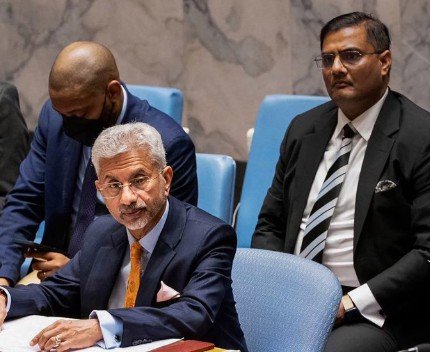In a landmark achievement underscoring its escalating commitment to global sustainable development, India has officially ascended into the ranks of the top 100 nations making substantial progress towards the United Nations Sustainable Development Goals (SDGs). This significant leap, seeing India climb to the 99th position out of 167 countries in the 2025 Sustainable Development Report, marks its highest standing in the report’s ten-year history. The advancement is a powerful testament to the nation’s concentrated efforts in critical areas that directly impact the well-being and future prosperity of its vast population. Notable strides have been observed across various human development indicators, including a remarkable expansion in social protection systems, which now cover 64.3% of the population, a substantial increase from just 22% in 2016. Access to essential services has also seen a dramatic improvement: nearly universal electrification has been achieved, with 100% of rural households now having access to electricity. Similarly, there has been significant progress in clean cooking, with 85% of rural households now utilizing clean cooking fuel, drastically reducing indoor air pollution and its associated health risks. Safe sanitation coverage has also expanded robustly. Furthermore, the report highlights an impressive increase in the percentage of the rural population using an improved drinking water source through tap water, reaching 99.62% by 2024-25, up from 94.57% in 2015-16, signifying nearly universal safe water access in rural India.
Economically, India has shown commendable growth in agricultural productivity, with Gross Value Added per worker in agriculture increasing from Rs 61,247 in 2015-16 to Rs 94,110 in 2024-25. This, coupled with a decreasing Gini coefficient of household expenditure in both rural and urban areas, points to a clear move towards more equitable spending and reduced income inequality. The country’s strong push towards cleaner energy is also evident, with the renewable energy share in total installed electricity generation rising to 22.13% in 2024-25, and installed renewable energy generating capacity reaching 156.31 watts per capita. Moreover, significant advancements in waste management infrastructure are reflected in the increase of waste recycling plants from 829 in 2019-20 to 3036 in 2024-25, with processed waste increasing to 80.7% from 17.97% in 2015-16. India’s burgeoning entrepreneurial spirit is also noted, with the number of recognized startups under the ‘Startup India’ initiative soaring from 453 in 2016 to 34,293 in 2024.
However, despite these laudable achievements, the report also offers a nuanced perspective, identifying areas where India still faces significant hurdles. Environmental goals, particularly those related to climate action, clean water and sanitation (despite access improvements), and life below water, continue to present challenges. Water stress and a continued heavy reliance on coal in the energy mix remain prominent concerns. Experts caution that while progress is undeniable, a stronger focus on resource sustainability and enforcement will be crucial to fully meet the 2030 SDG targets, especially as CO2 emissions from fuel and cement production continue to rise. Nonetheless, India’s entry into the top 100 represents a pivotal moment, affirming its dedication to an inclusive and sustainable growth trajectory that promises profound long-term benefits for its citizens and contributes meaningfully to global environmental and social objectives.
